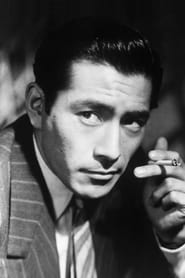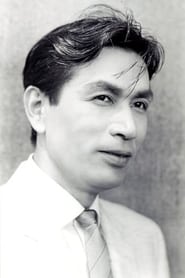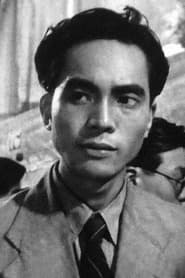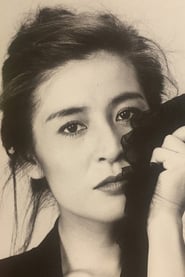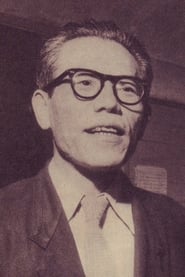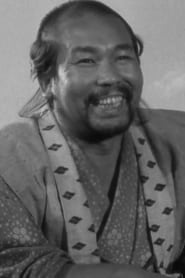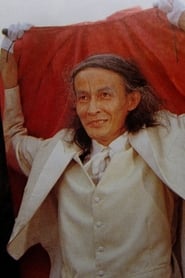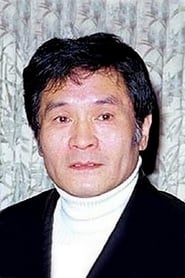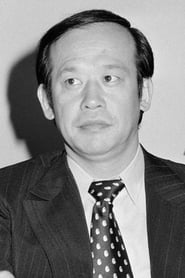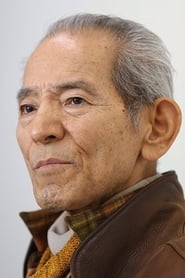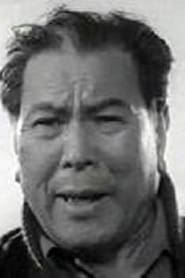The best Tatsuya Nakadai’s action movies
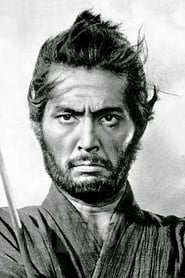
From Wikipedia, the free encyclopedia.
Tatsuya Nakadai (仲代 達矢 Nakadai Tatsuya, born Motohisa Nakadai December 13, 1932) is a Japanese leading film actor. He became a star after he was discovered working as a Tokyo shop clerk by filmmaker Masaki Kobayashi during the early 1950s. He became the favorite leading man of internationally-acclaimed director Akira Kurosawa after a well publicized fallout between Kurosawa and the legendary Toshirō Mifune. Beginning in the late 1950s, he worked with a number of Japan's best-known filmmakers, starring or co-starring in five Kurosawa films, along with significant films made by Hiroshi Teshigahara (The Face of Another), Mikio Naruse (When a Woman Ascends the Stairs), Kihachi Okamoto (Kill! and Sword of Doom), Hideo Gosha (Goyokin), Shiro Toyoda (Portrait of Hell) and Kon Ichikawa (Enjo and Odd Obsession). Notably, his long-term collaboration with Masaki Kobayashi invites comparison to the working relationship between Akira Kurosawa and Toshirō Mifune. Nakadai was featured in 11 Kobayashi films including the The Human Condition trilogy, Harakiri, Samurai Rebellion and Kwaidan. The Thick-Walled Room marked Nakadai's acting debut. His next role was a little noticed and uncredited one in Akira Kurosawa's Seven Samurai where he appears for a few seconds as a samurai wandering about town.
Description above from the Wikipedia article Tatsuya Nakadai, licensed under CC-BY-SA, full list of contributors on Wikipedia.
Seven Samurai
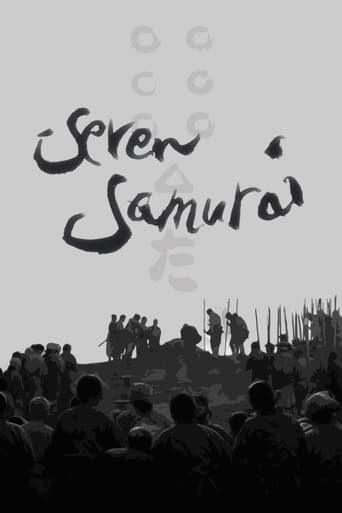
8.6/10
A samurai answers a village's request for protection after he falls on hard times. The town needs protection from bandits, so the samurai gathers six others to help him teach the people how to defend themselves, and the villagers provide the soldiers with food.
Gun Woman
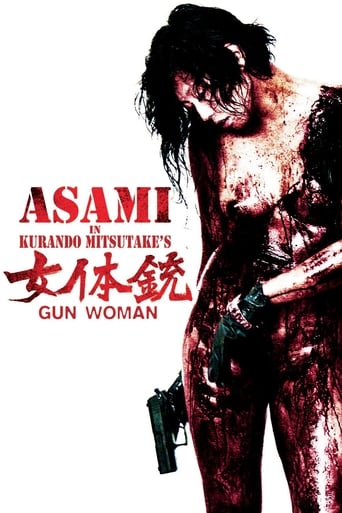
4.8/10
A brilliant doctor on a quest for revenge buys a young woman and trains her to be the ultimate assassin, implanting gun parts in her body that she must later assemble and use to kill her target before she bleeds to death.
Ran
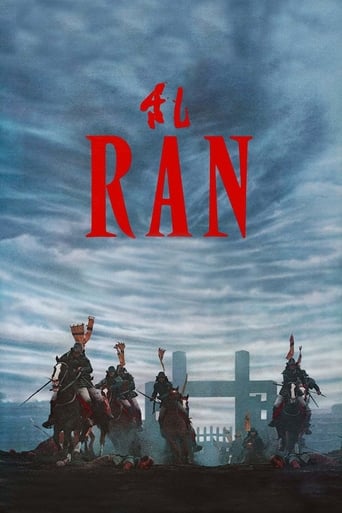
8.2/10
With Ran, legendary director Akira Kurosawa reimagines Shakespeare's King Lear as a singular historical epic set in sixteenth-century Japan. Majestic in scope, the film is Kurosawa's late-life masterpiece, a profound examination of the folly of war and the crumbling of one family under the weight of betrayal, greed, and the insatiable thirst for power.
Kagemusha
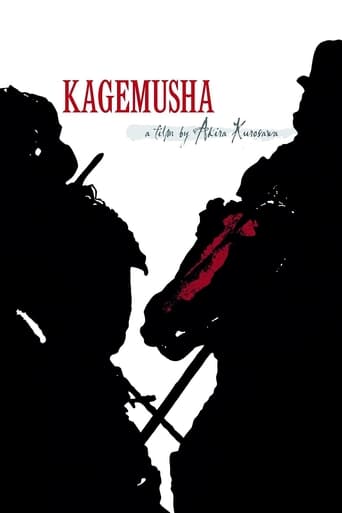
7.9/10
Akira Kurosawa's lauded feudal epic presents the tale of a petty thief who is recruited to impersonate Shingen, an aging warlord, in order to avoid attacks by competing clans. When Shingen dies, his generals reluctantly agree to have the impostor take over as the powerful ruler. He soon begins to appreciate life as Shingen, but his commitment to the role is tested when he must lead his troops into battle against the forces of a rival warlord.
Harakiri
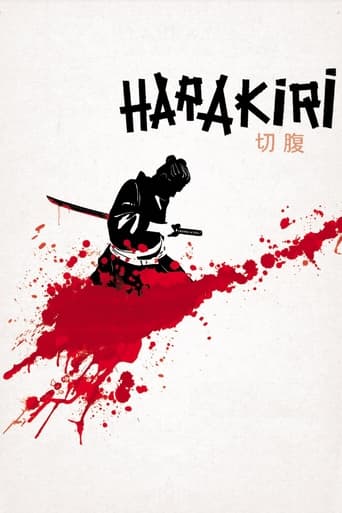
8.6/10
Down-on-his-luck veteran Tsugumo Hanshirō enters the courtyard of the prosperous House of Iyi. Unemployed, and with no family, he hopes to find a place to commit seppuku—and a worthy second to deliver the coup de grâce in his suicide ritual. The senior counselor for the Iyi clan questions the ronin’s resolve and integrity, suspecting Hanshirō of seeking charity rather than an honorable end. What follows is a pair of interlocking stories which lay bare the difference between honor and respect, and promises to examine the legendary foundations of the Samurai code.
Sanjuro
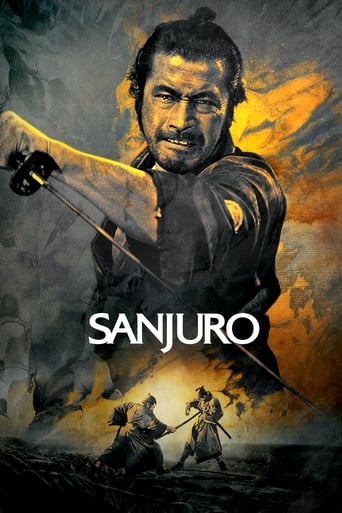
8/10
Toshiro Mifune swaggers and snarls to brilliant comic effect in Kurosawa's tightly paced, beautifully composed "Sanjuro." In this companion piece and sequel to "Yojimbo," jaded samurai Sanjuro helps an idealistic group of young warriors weed out their clan's evil influences, and in the process turns their image of a proper samurai on its ear.
Kill!
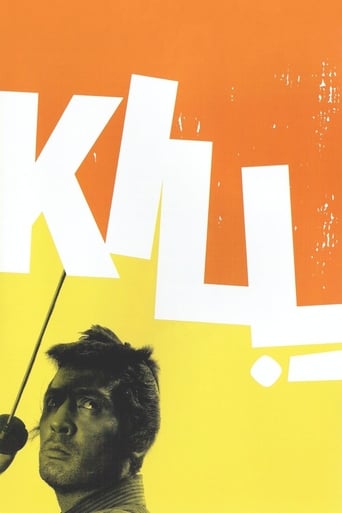
7.4/10
A pair of down-on-their-luck swordsmen arrive in a dusty, windblown town, where they become involved in a local clan dispute. One, previously a farmer, longs to become a noble samurai. The other, a former samurai haunted by his past, prefers living anonymously with gangsters. But when both men discover the wrongdoings of the nefarious clan leader, they side with a band of rebels who are under siege at a remote mountain cabin.
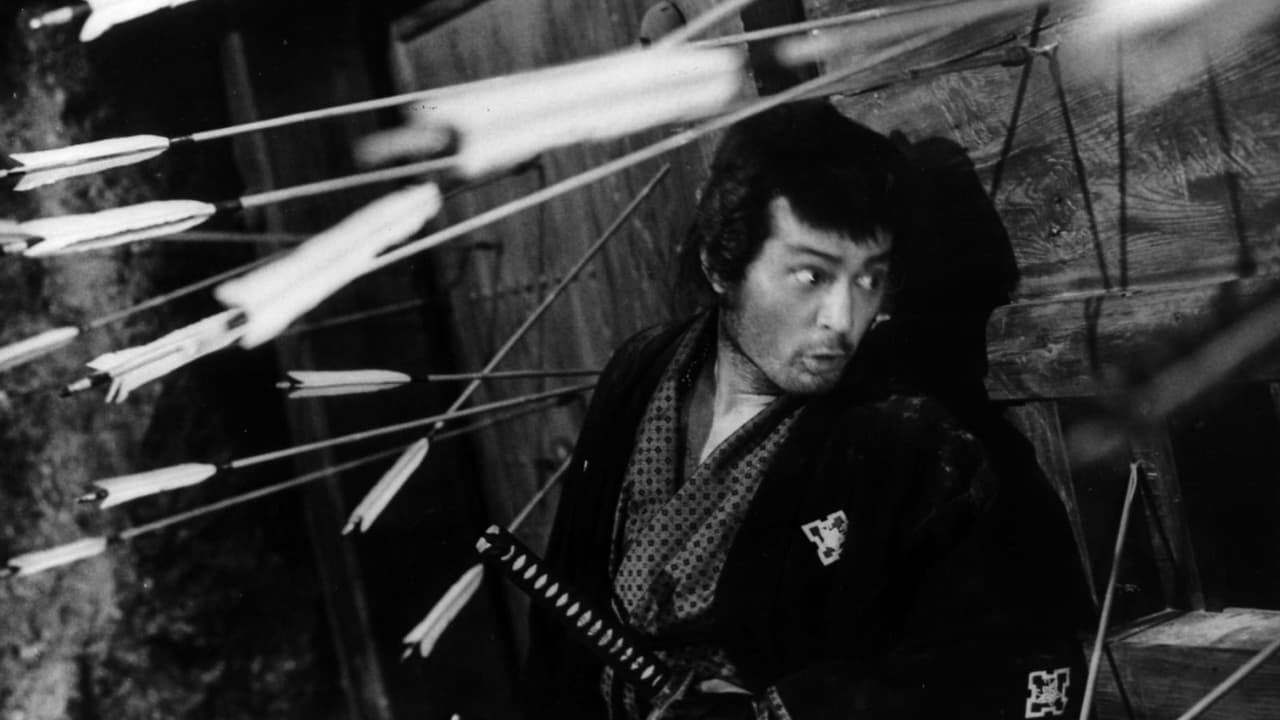
The Sword of Doom
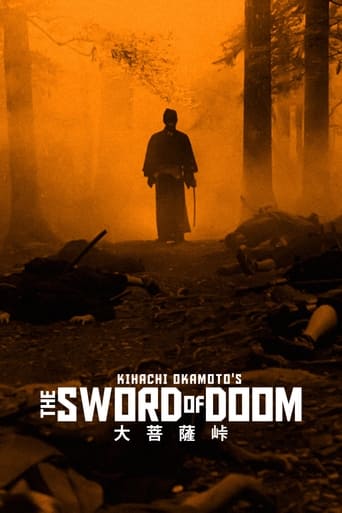
7.9/10
Ryunosuke, a gifted swordsman plying his trade during the turbulent final days of Shogunate rule, has no moral code and kills without remorse. It’s a way of life that leads to madness.
Samurai Rebellion
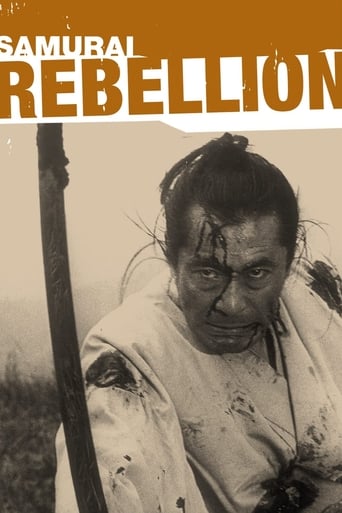
8.3/10
Toshiro Mifune stars as Isaburo Sasahara, an aging swordsman living a quiet life until his clan lord orders that his son marry the lord's mistress, who has recently displeased the ruler. Reluctantly, father and son take in the woman, and, to the family’s surprise, the young couple fall in love. But the lord soon reverses his decision and demands the mistress’s return. Against all expectations, Isaburo and his son refuse, risking the destruction of their entire family. Director Masaki Kobayashi's Samurai Rebellion is the gripping story of a peaceful man who finally decides to take a stand against injustice.
Goyokin
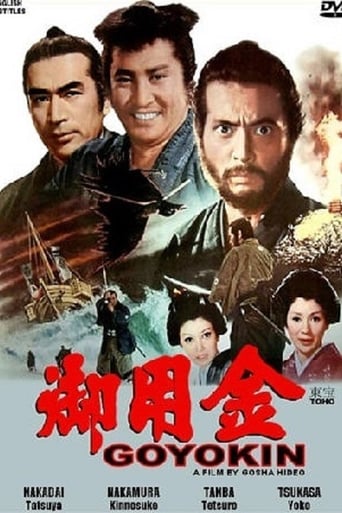
7.6/10
A guilt-haunted samurai warrior attempts to stop a massacre taking place.
Onimasa: A Japanese Godfather
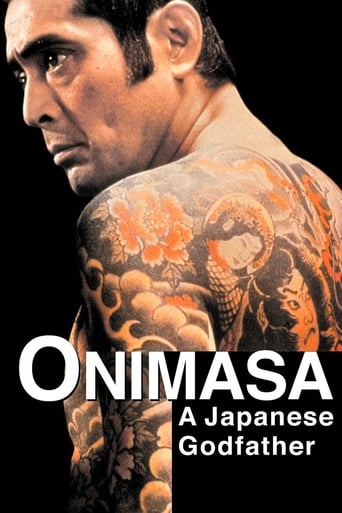
6.8/10
Onimasa is the egocentric boss of a small yakuza clan on Shikoku Island, whose criminal duties conflict with his self-image as a chivalrous samurai. His struggles with his boss, the Shikoku Godfather, and the tumultuous life of his adopted daughter, Matsue, form the backdrop of this epic tale of justice, obedience, and bloody vengeance.
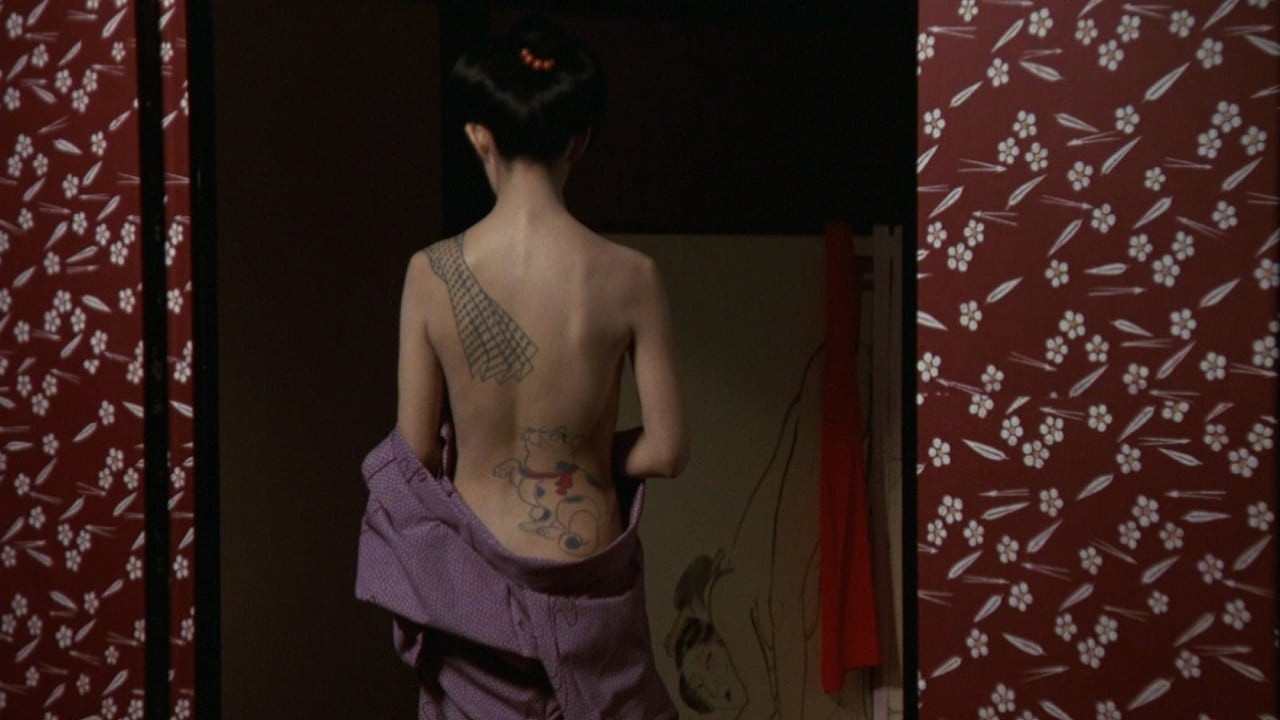
Zatoichi: The Last
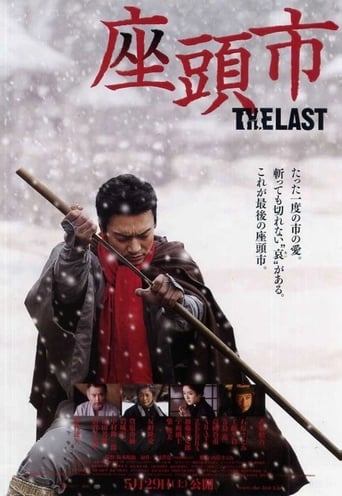
5.2/10
A blind master swordsman attempts to lead a quiet life with his wife but he is provoked back into battle.
Hunter in the Dark
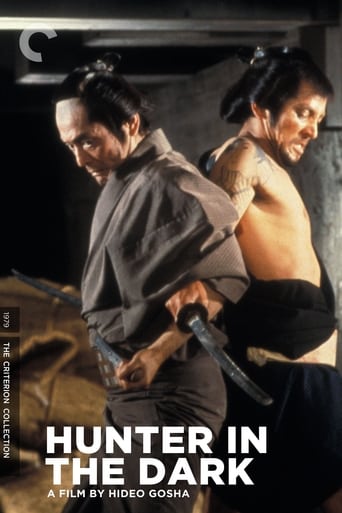
7/10
Yataro Tanigawa, a one-eyed hired assassin, impresses yakuza boss Gomyo Kiyoemon with his skill. Gomyo hires Tanigawa as his bodyguard, or yojimbo, to protect him during an inter-clan conflict. Tanigawa quickly rises in stature in the clan, but finds his boss's enemies almost overwhelming.
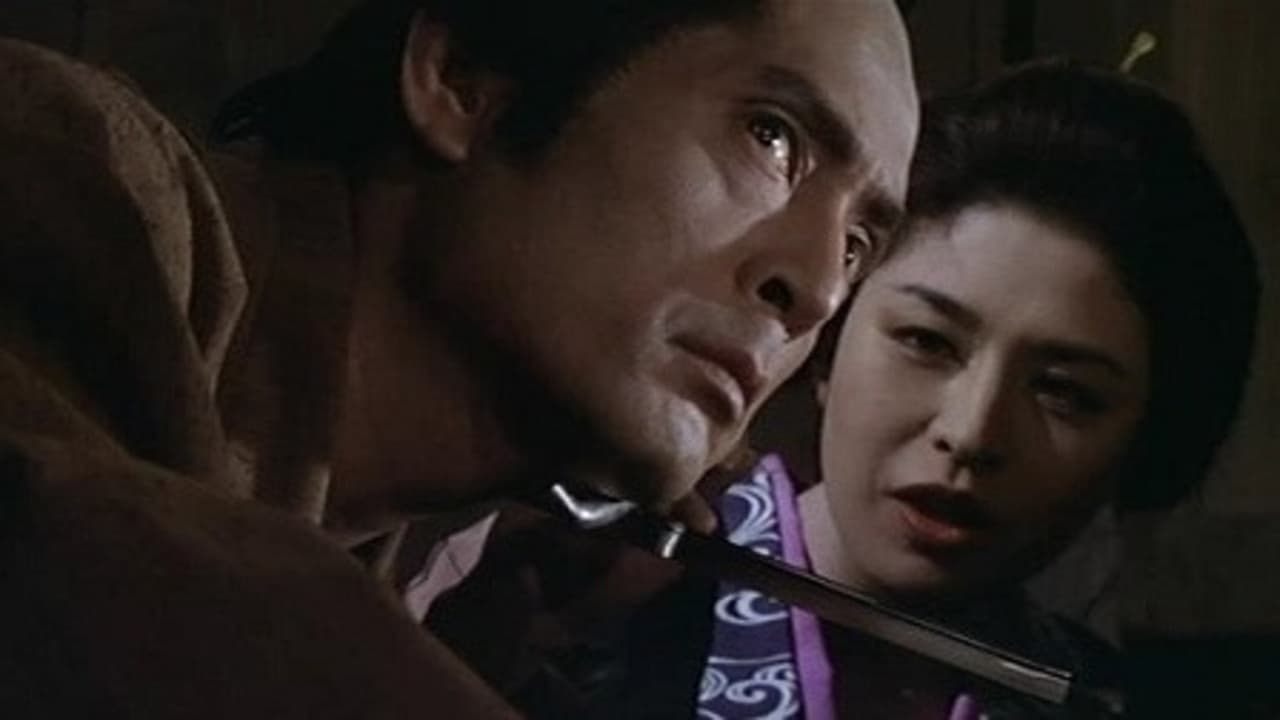
The Phoenix
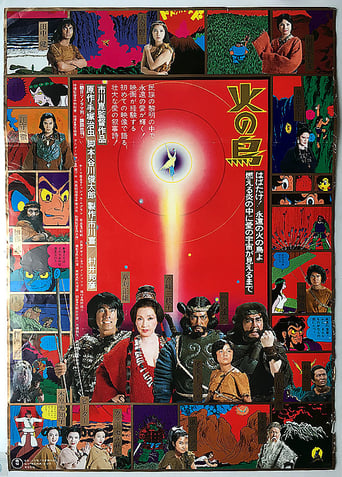
6/10
This extraordinarily complex film is not only a send-up of every samurai film ever made, it is also an extrapolation of the value of life. The Yamatai, represented by Prince Susano-O and elderly advisor Sumuke, hire Yumihiko of Matsuro to hunt the phoenix so that Queen Himiko, sister of Susano-O can have eteranal life.
The Wicked City
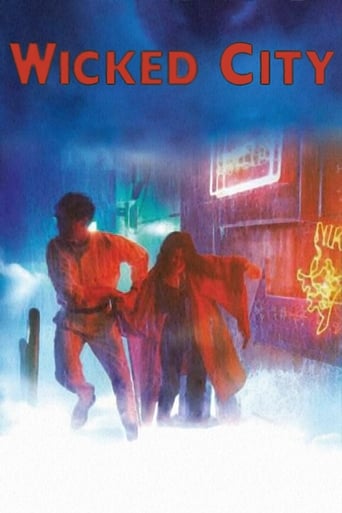
5.6/10
Based on the popular Japanese series of novels, The Wicked City is about a futuristic Hong Kong on the verge of a take over by the Reptoids—ruthless monsters disguised as humans. They work amongst us, they live within us, and their destiny is our demise. Packed with non-stop action and special effects, The Wicked City will glue you to the screen until the astonishing end.
Zatoichi Goes to the Fire Festival
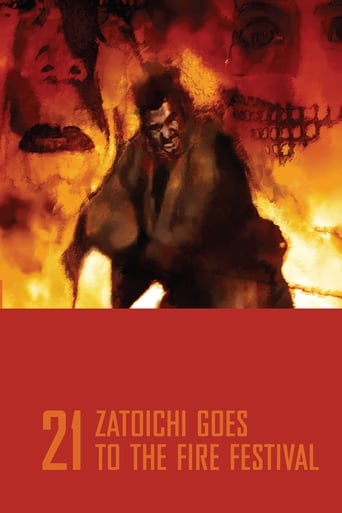
7.3/10
Zatoichi is mentored by the blind leader of a secret organization as he contends with both the Yakuza and a jealous husband.
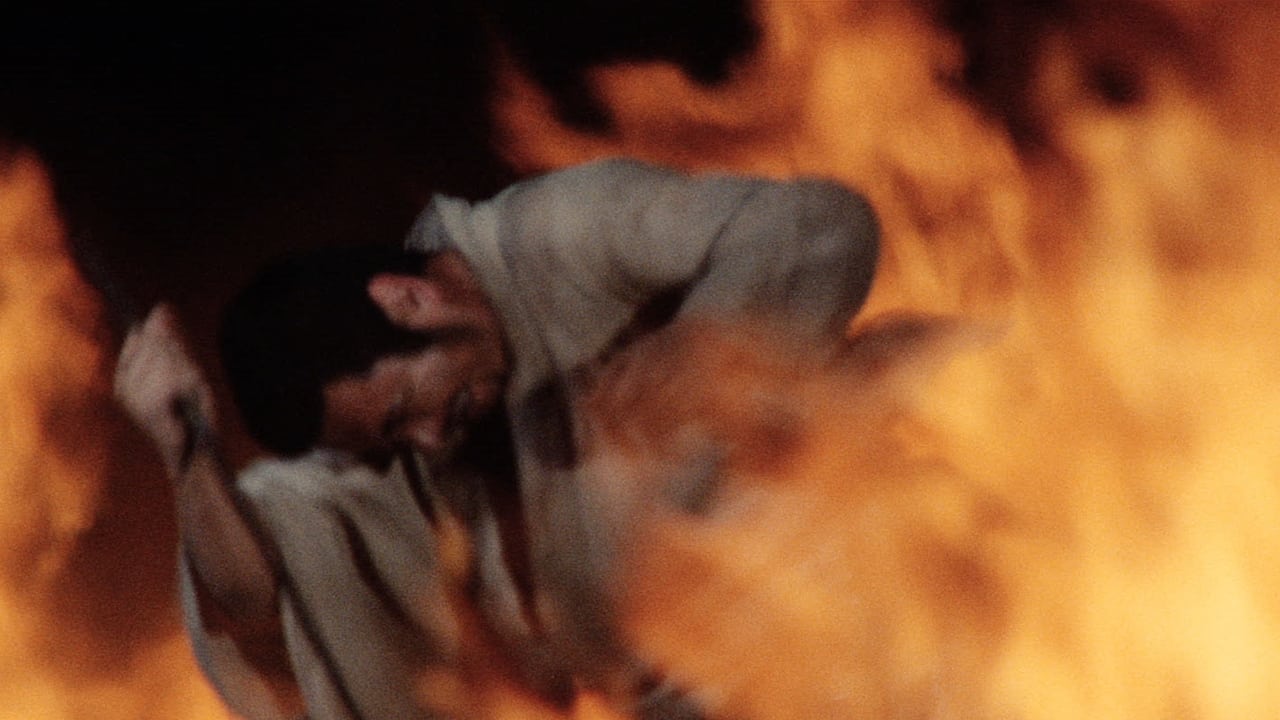
Cash Calls Hell
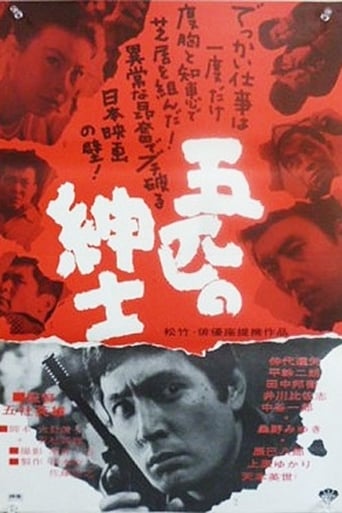
7.4/10
Before leaving prison, Oida uncomfortably enters into an agreement with his cell mate: in exchange for a half-share of 30,000,000 yen, he is to assassinate three strangers given to him on a list. However, upon meeting his first potential victim, Oida has second thoughts. Yet, even as he tries to back out, the body count starts climbing. Oida must now try to alert the people on his list of their impending danger, and find out why they are being targeted in the first place.
Bandits vs. Samurai Squadron
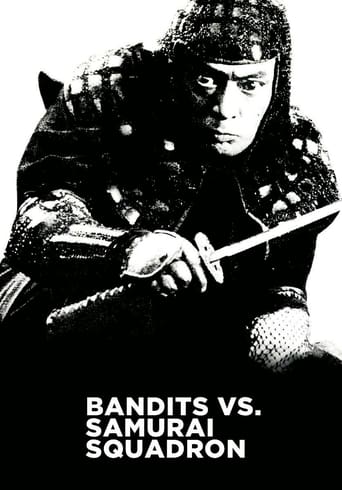
6.6/10
Kumokiri Nizaemon, a former samurai warrior, has abandoned his class to become the leader of a gang of thieves. He leads his outlaws in an attempt to rob the castle of his former clan.
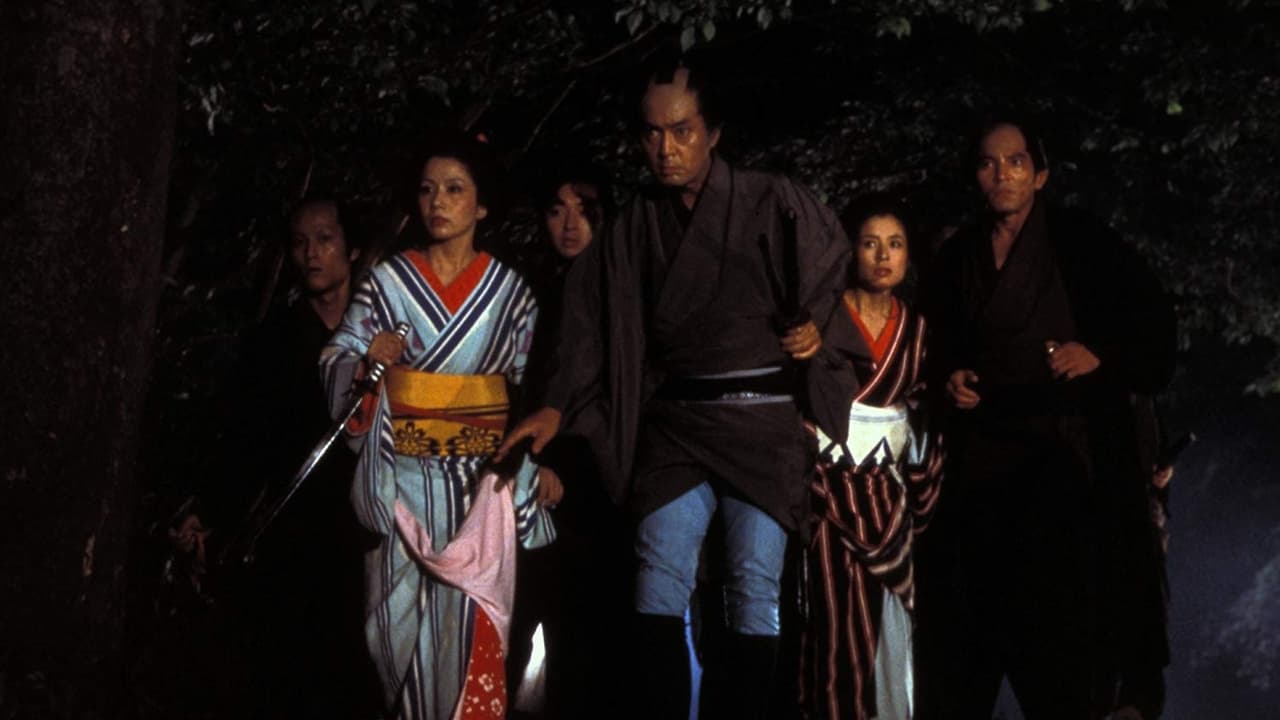
Tenchu!
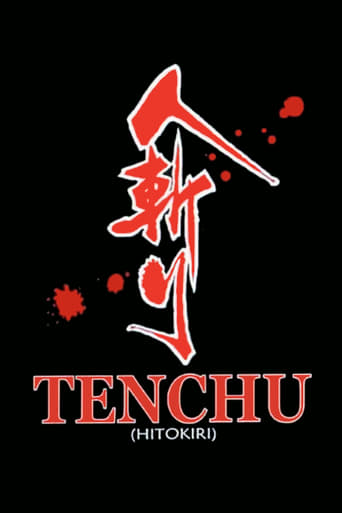
7.4/10
A ronin desperately seeks a way out of financial straits; he allies with the Tosa clan under the ruthless leader Takechi, who quickly takes advantage.
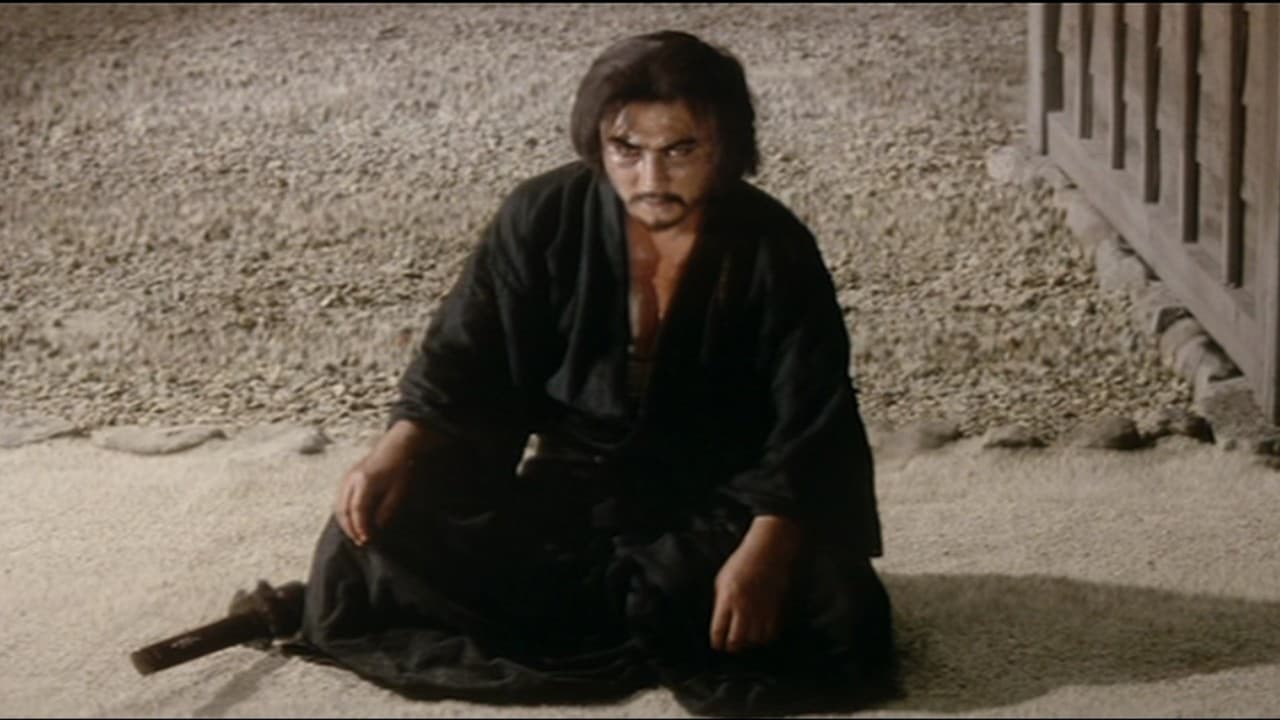
Blood End
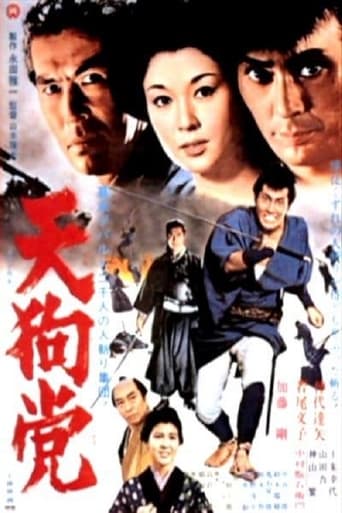
6.6/10
BLOOD END is one of the great unknown films from Japan's golden era of the late 1960's. Starring NAKADAI Tatsuya in one of his best roles, this is the story of the Mito Tengu Group who attempted to overthrow the Shogunate at the beginning of the Bakumatsu Period. Their political aspirations led to countless assassinations, as well as senseless killing of innocent people who got in their way. Sentaro (NAKADAI), a farmer who's been severely beaten for his outspoken defiance of the government and the high taxes during a time of famine is befriended by one of the group's leaders, KADA Gentaro (KATO Go) and joins up. This is the masterpiece of director YAMAMOTO Satsuo (who is best known for the first film in the NINJA, BAND OF ASSASSINS series) the erstwhile 'Leftist' director, who used his films to make his political points. Stunning fight choreography, and ultra-violence make this one of the bloodiest films of that era. A powerful film Rare classic!




